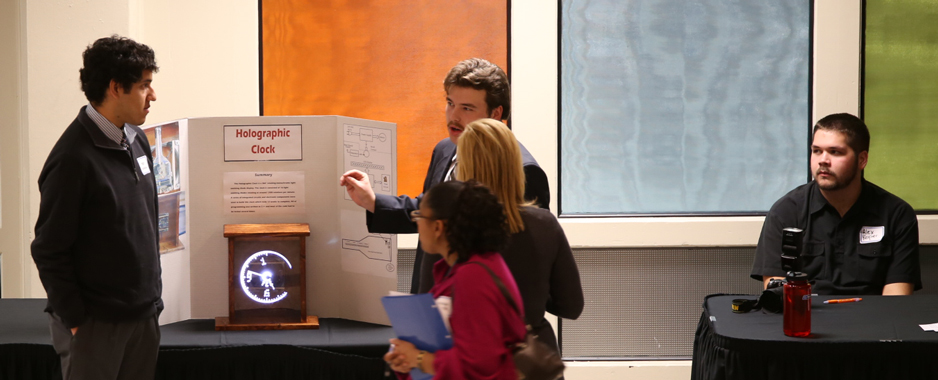By Dylan Bradley/editor-in-chief
TCC says that Chesapeake Energy has underpaid the college for gas royalties from wells on South and NE campuses, according to a lawsuit filed Nov. 21.
The college is seeking up to $1 million as well as recovery of royalty underpayments and delinquent payments with interest.
The college is suing the energy company for underpaying royalties owed from leases on South as well as claiming trespass and breach of the NE surface usage agreement.
The suit claims Chesapeake violated the South lease by selling the gas from those lands to their affiliate company, Chesapeake Energy Marketing Inc., or CEMI, without getting consent.
TCC further claimed that post-production costs were being deducted from the royalties they receive, which is also against the lease agreement.

Vice chancellor of administration and general counsel Angela Robinson said in an email that Chesapeake and fellow energy company Total “underpaid royalties, took unauthorized and/or unreasonable deductions of post-production costs from TCCD’s royalties, sold gas produced under the lease to affiliates without TCCD’s permission and failed to pay royalties based on the highest gross price reasonably obtainable.”
The suit claims that post-production costs are embedded in the transaction between
Chesapeake and CEMI, the details of which were not disclosed to TCC as required.
TCC also claims that Total, a company that owns 25 percent of the gas shares produced from the South Campus lease, also sells its share of gas to its affiliate, Total Gas & Power North America Inc., with the same consequence.
“Chesapeake and Total embed into the prices they use to pay TCCD’s royalties the very costs … that they agree to bear 100 percent of,” the suit read.
The college also claimed that Chesapeake has failed to pay royalties based on the highest gross price reasonably obtainable, or market value, while the lease requires Chesapeake to pay royalties based on the higher value “of the proceeds of the sale or of the market value.”
Meanwhile, the NE Campus lease affords about 188 acres for pooling with prior written consent that “no unit may be formed that is comprised of less than 50 percent land from the leased premises.”
Chesapeake “violated the lease’s pooling provision by pooling acreage covered by the lease with adjacent lands without acquiring TCCD’s permission,” Robinson said.
She said the surface use agreement was breached “by using an operations site located on TCCD’s acreage to drill and produce a well from lands other than TCCD’s property.”
According to the certificate of pooling authority filed with the Texas Railroad Commission, Leaf Unit 3H Well consists of about 225 acres, of that .954 acres are NE property.
TCC claims the property is improperly pooled because it was included without the college’s authorization and comprises less than 1 percent of the Leaf Unit acreage.
TCC requested temporary and permanent injunctions to prevent Chesapeake’s unauthorized use of the property on NE Campus.
“TCCD attempted to resolve its disputes with Chesapeake and Total without litigation, but these attempts were unsuccessful,” Robinson said.
Chesapeake did not respond for comment.
Chesapeake has been sued by the cities and school districts of Fort Worth and Arlington in addition to DFW Airport over the calculation of royalty payments, according to the Fort Worth Star-Telegram.

























